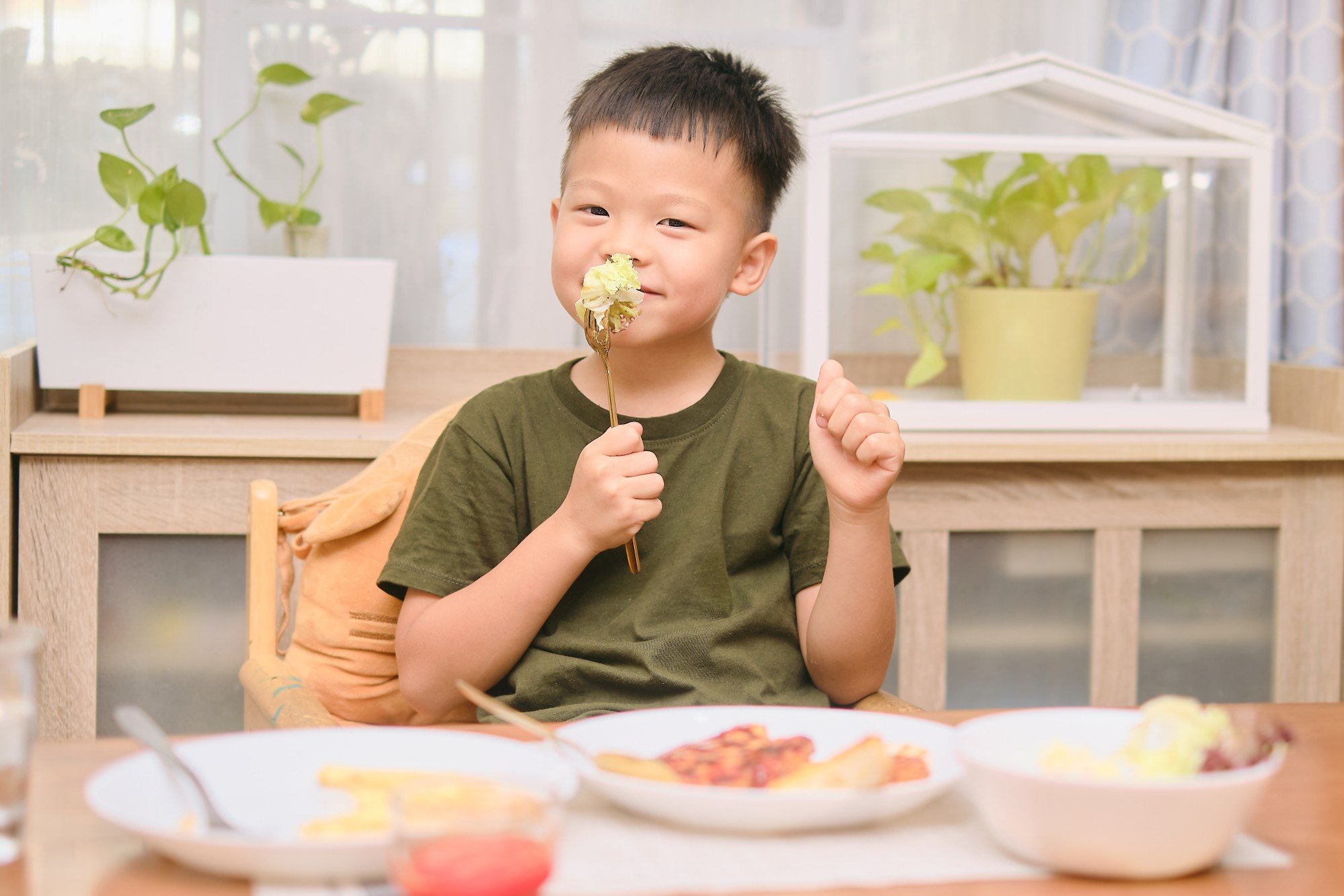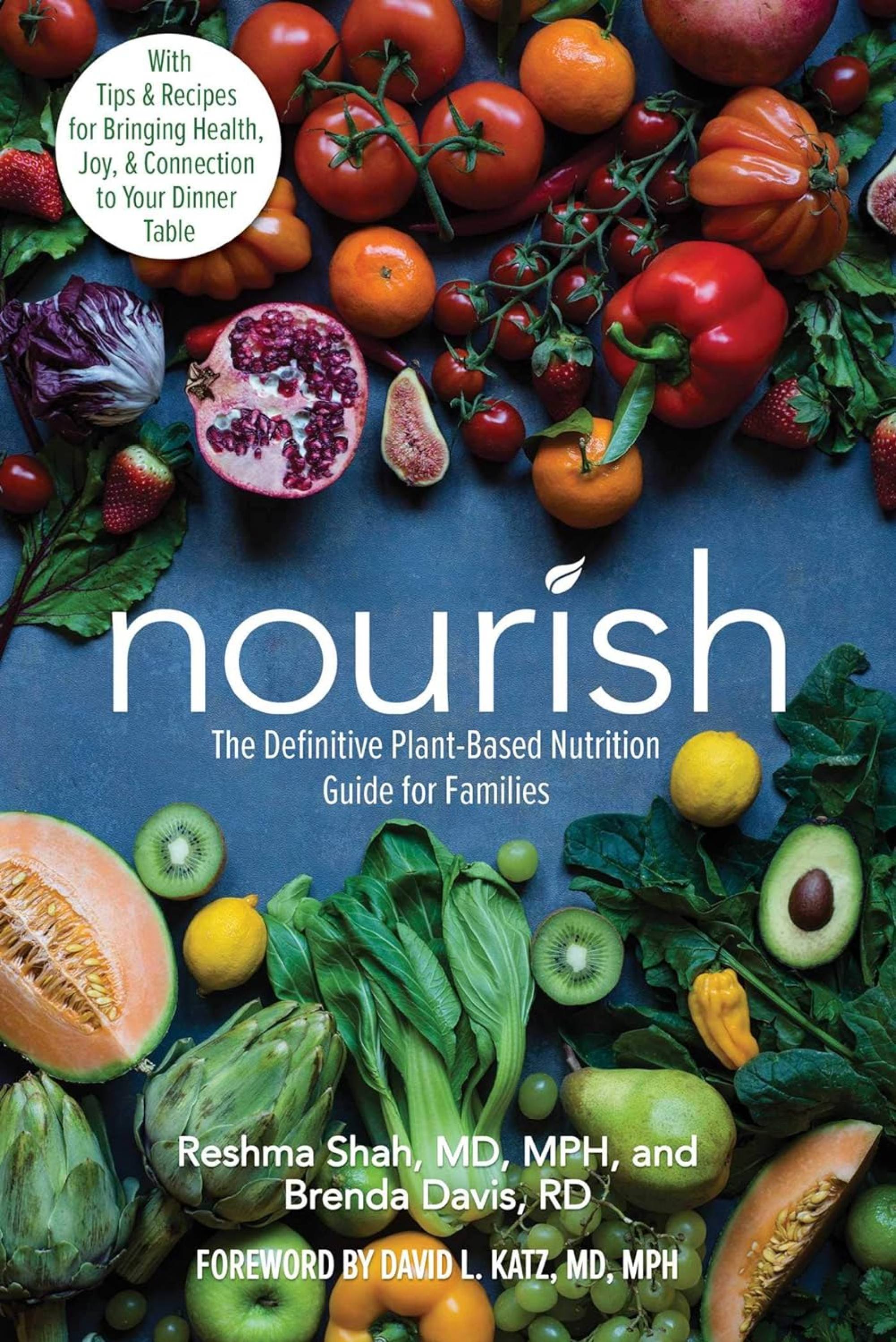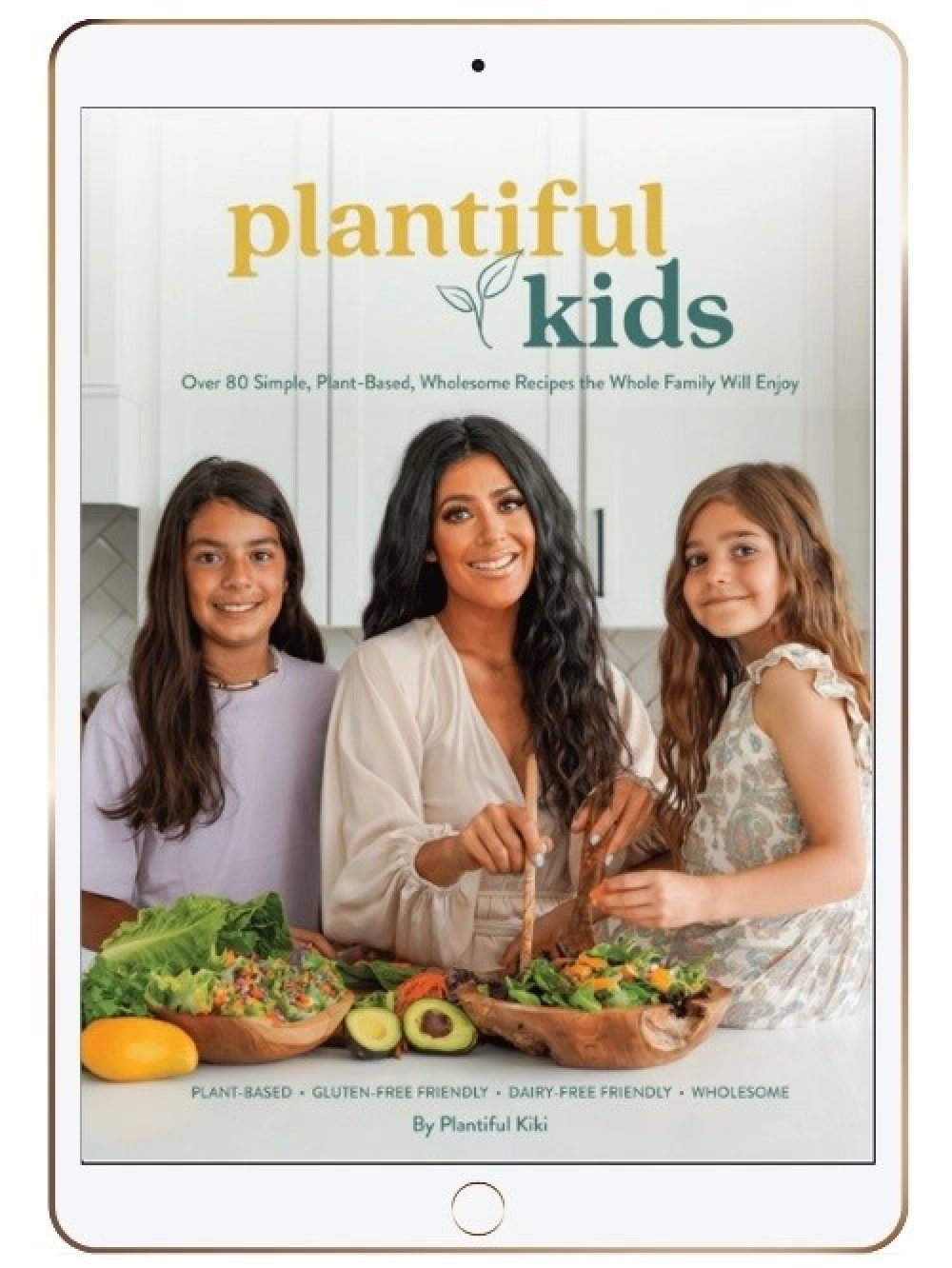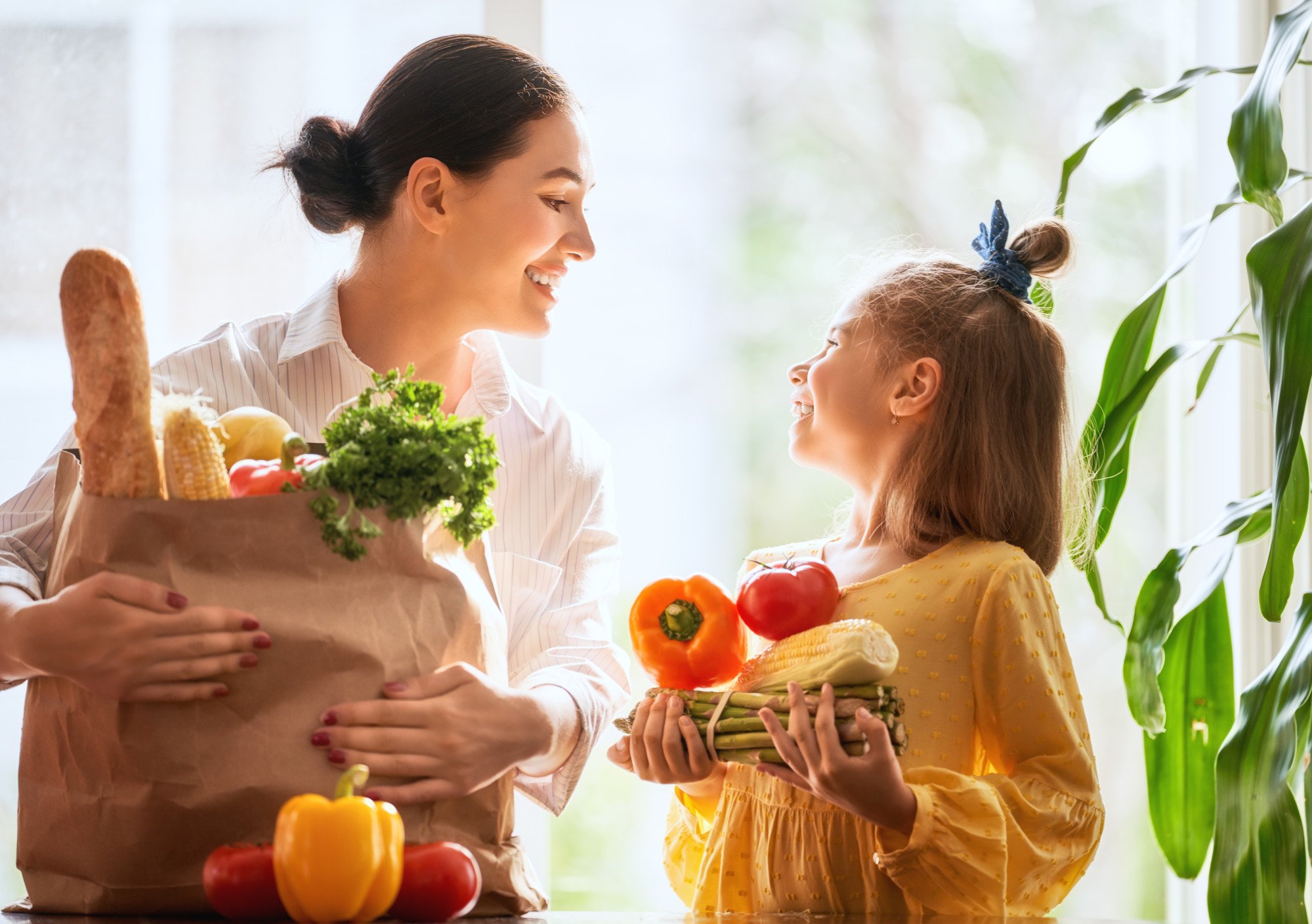While adults who adopt the lifestyle are recognised as making a wise choice, many still question whether it is healthy and safe for children. The answer, research and experts suggest, is yes.

A review of research papers published in the journal Nutrition Research in 2021 said “vegan children showed normal growth and were less often obese” and that “a well-planned vegan diet using supplementation is likely to provide the recommended amounts of critical nutrients to provide for normal progression of height and weight in children, and can be beneficial”.
Britain’s National Health Service (NHS) says that a well-balanced diet supplemented with critical nutrients, such as vitamin B12 and D, makes a vegan diet an appropriate option for pregnant women and children.

Dr Reshma Shah is a paediatrician based in the United States who is co-director of The Learning Center at Plant-Based Juniors, which provides professional paediatric nutrition courses and fun, interactive courses for parents and carers.
Her book Nourish: The Definitive Plant-Based Nutrition Guide for Families gives specific advice for all stages of childhood – from pregnancy and breastfeeding to adolescence.
When introducing solid food to infants, focus on nutrition, safety and variety, she says.
Prioritising iron-rich foods – such as beans, lentils and tofu, and iron-fortified infant cereals – will prevent iron-deficiency anaemia; such foods are also typically good sources of protein and zinc.

“Avoid foods that could pose a choking risk, such as hard, raw fruits and vegetables, and steer clear of honey and foods with added sugars and salt,” she adds.
Stephanie McBurnett, a dietitian and an educator at the Physicians Committee for Responsible Medicine in the United States, says children need more calories from healthy fats than adults.

She suggests weaning them on foods such as mashed avocado, tofu and nut butter.
Offering vegan alternatives from time to time can enhance enjoyment and foster a sense of belonging for children
After the age of one, children can continue to breastfeed for as long as is desirable for mother and child. They can also transition to a fortified soy milk, or pea milk in the event of a soy allergy.
“Among the options, fortified soy milk closely matches whole cow’s milk in protein and calorie content, making it a sound alternative for children on a plant-based diet.”
How to help older children embrace vegan foods
There’s a lot you can do to make plant foods more appealing to older kids, whether they were raised on a plant-based diet or are transitioning to one, even if they are picky eaters.
The author of vegan cookbook Plantiful Kids says not to stress over whether your child will eat vegan meals.

“Don’t tell them it’s vegan. Just serve it and if they complain tell them it’s a new recipe,” says the mother of a preteen and a teenager.
“The answer is simple: provide plant-based versions of what they already like and lead by example,” she says.
“Many of them can be high in sodium, so it’s important to moderate their consumption, especially for young children,” Shah says.
“Offering vegan alternatives from time to time can enhance enjoyment and foster a sense of belonging for children,” Shah adds.
McBurnett advises patience: “It can take 15 or more exposures to new foods before a child will accept something unfamiliar.”

These tips, along with persistence and kindness, go a long way towards keeping your kids interested during mealtimes.
“Giving them a choice between two new options will give them a sense of control in trying something new, empowering both you and your child in this journey,” she says.

